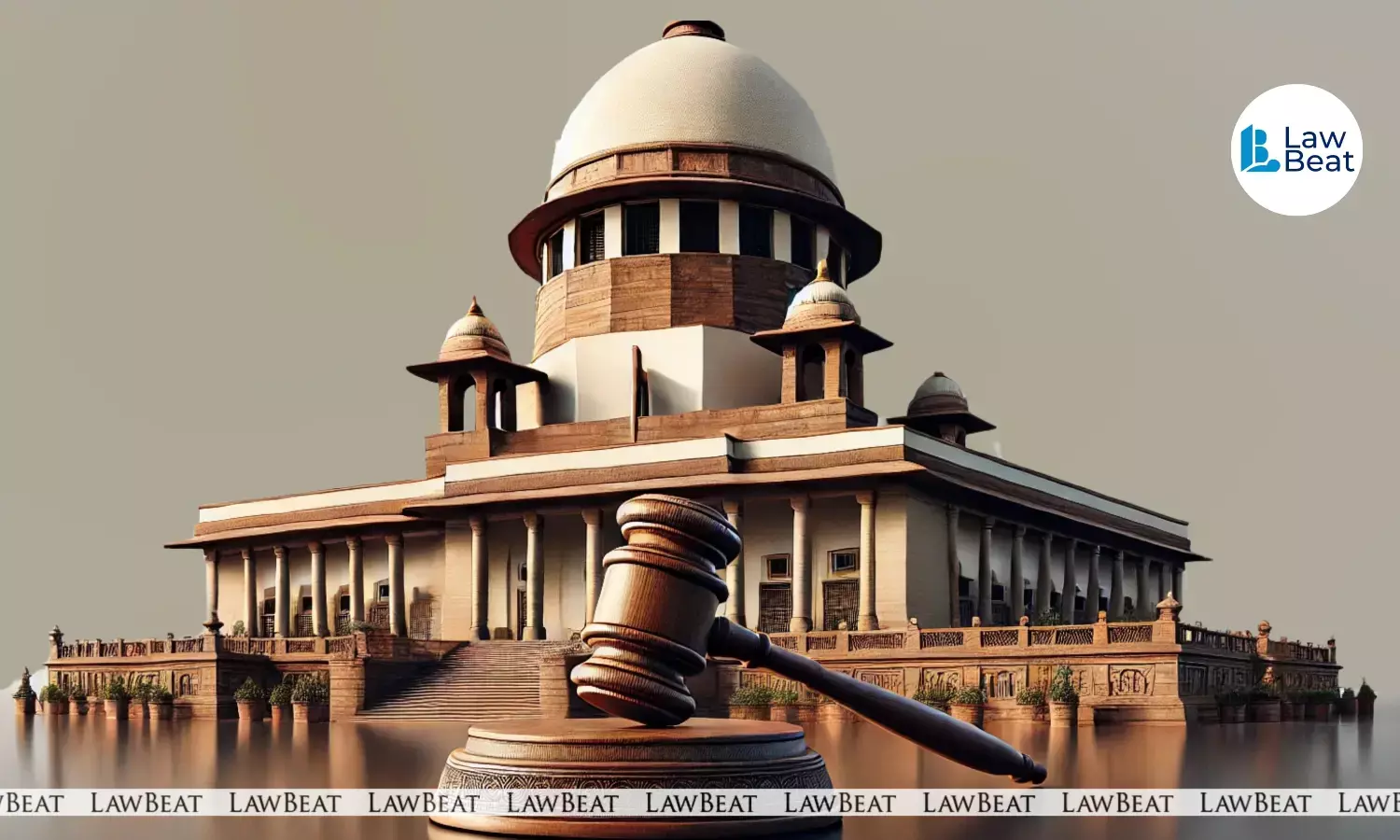SC Brings Closure to 98-Year-Old Temple Dispute Between Kuruba Families in Andhra Pradesh

Supreme Court of India dismisses appeals, bringing final decision to the century-old Kuruba community temple dispute
Bringing closure to a century-old feud between two sections of the Kuruba community in Andhra Pradesh, the Supreme Court on November 11, 2025, dismissed appeals filed by the Kapadam family of Gungulakunta village against members of the Kamatam family of Yerrayapalli over the custody and worship rights of Lord Sangalappa Swamy, the common deity revered by both sects.
A bench of Justices Prashant Kumar Mishra and Vipul M. Pancholi upheld the Andhra Pradesh High Court’s 2012 order that had set aside the execution of a compromise decree passed as far back as November 1, 1933, noting that there was no proof of its violation. The decree, arrived at through a settlement between the rival groups, was meant to regulate the performance of pooja, sharing of expenses, and custody of the idols and worship paraphernalia.
The litigation dates back to 1927 when members of the Kamatam sect first approached the Anantapur District Munsif Court seeking custody of the deity’s religious articles. The claim was rejected, but the court advised that the issue could be revisited through a representative suit for temple management. Acting on that observation, a fresh suit was filed in 1931, leading to the 1933 compromise.
Under the terms of that compromise, both sects were to alternate the performance of rituals every three months and rotate the custody of idols every six months between their respective villages. Each group was also to appoint two trustees to maintain accounts and oversee religious activities. The decree further stipulated that the Kamatam family would pay Rs. 2,000 towards their half share of ritual expenses, failing which they would lose their right to perform pooja.
After decades of relative calm, the dispute resurfaced in 1999 when the Kapadam group alleged that the Kamatam side refused to rotate the idols and articles as agreed. This led to the filing of Execution Petition No. 59 of 2000 before the Principal Senior Civil Judge, Anantapur, seeking enforcement of the 1933 decree. The executing court ruled in favour of the Kapadam family in 2005, directing the respondents to return the idols within a month or face seizure under Order XXI Rule 31 of the Code of Civil Procedure (CPC).
However, the Andhra Pradesh High Court, in 2012, overturned that order, holding that there was no evidence of breach of the decree. The High Court noted that the appellants had not demonstrated that the respondents were ever in possession of the idols or had disobeyed the terms of the settlement.
Agreeing with the High Court’s reasoning, the Supreme Court observed that the executing court had wrongly relied on assumptions rather than proof. “Findings based on presumption cannot replace proof,” Justice Mishra wrote, adding that the appellants had failed to produce any credible witness or documentary evidence showing violation of the 1933 decree.
Court further noted that the compromise decree appeared never to have been acted upon. Neither the rotation of idols nor the appointment of trustees was ever carried out, and the respondents’ alleged non-payment of ₹2,000 was never proven. The bench concluded that the appellants had not discharged their burden of proving any willful disobedience of the decree’s terms.
Finding no infirmity in the High Court’s conclusions, the Supreme Court dismissed the appeals, finally bringing an end to one of the country’s oldest temple-related litigations.
Case Title: Kapadam Sangalappa And Others Vs Kamatam Sangalappa And Others
Judgment Date: November 11, 2025
Bench: Justices Prashant Kumar Mishra and Vipul M. Pancholi
